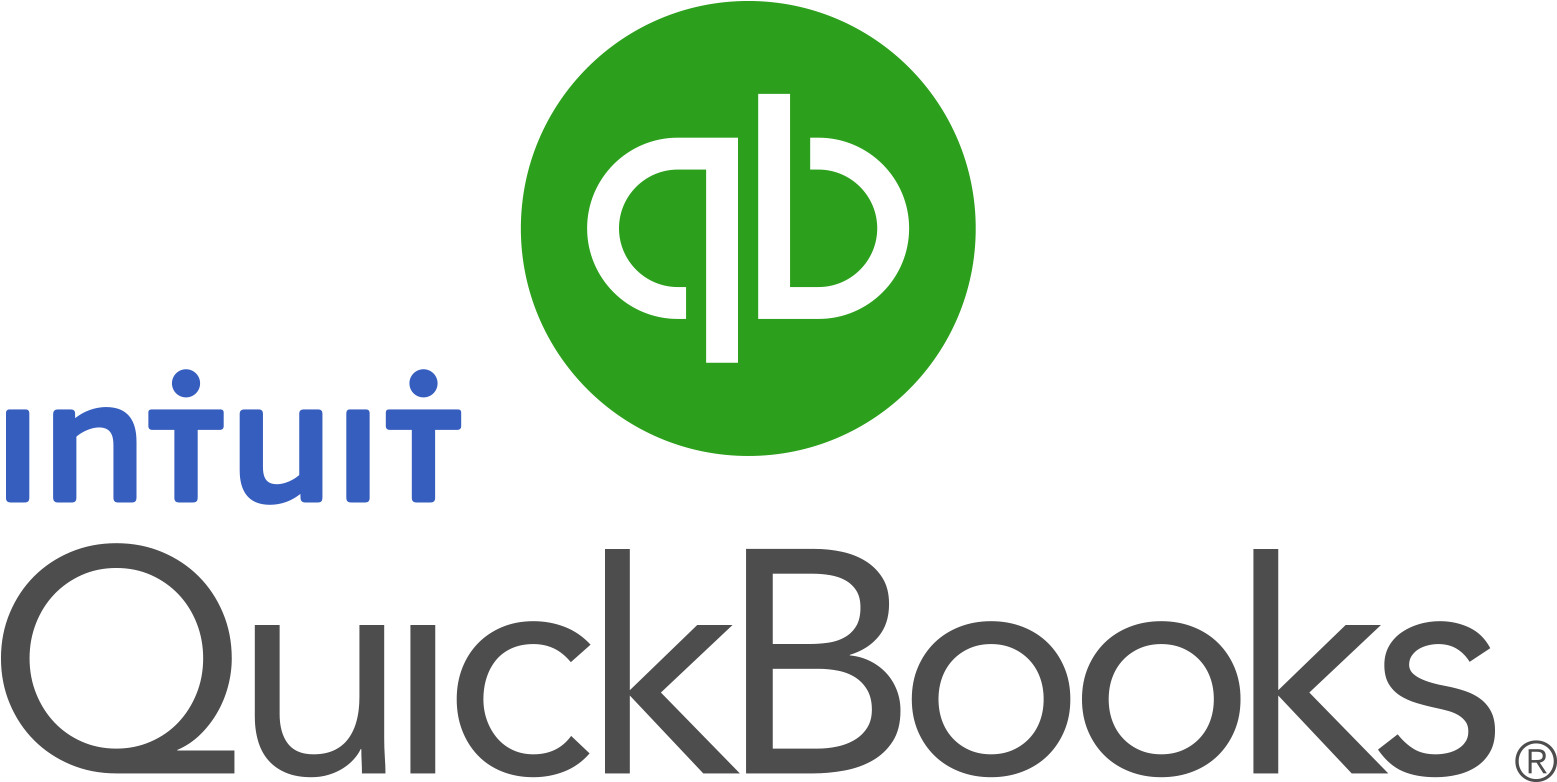Java programming
Java is one of the most popular programming languages used by software developers today. It is the core language used in developing Android apps, and is also commonly used in back-end web development. If you’re new to programming and want to enter either of these fields, this course is a great place to get started.Even if you don’t have a career trajectory in mind, Java programming is a great option for first-time coders due to its popularity and ease of use. This course will provide you with a solid foundation in computer science and Object Oriented Programming concepts, as well as set you on the path for success as a software engineer.
Introduction to Java programming
In this introductory course, you'll learn and practice essential computer science concepts using
the Java programming language. You'll learn about Object Oriented Programming, a technique that allows you
to use code written by other programmers in your own programs. You'll put your new Java programming skills to
the test by solving real-world problems faced by software engineers.
Java Intermediate Programming
Focusing on lab exercises, students perfect the practical skills learned in Introduction to Java. Lab exercises serve to reinforce the key programming concepts, such as working with the classes of the java.io package to transfer information from and to files, managing and manipulating textual information using several classes in the API, creating and extending program functionality using the object-oriented technique of inheritance, selecting and using appropriate members of the collections classes to store information, and defining and using interfaces as a mechanism for extending functionalityJava Programming Advanced
Students acquire the skills necessary to build robust, full-featured Java applications. Students learn Java technologies, such as complex GUI design using Swing, relational database access using JDBC, robust Java networking for distributed applications using Remote Method Invocation (RMI) and TCP/IP sockets. A key highlight is the development of a useable full-featured application to reinforce the material presented. This course is aimed at developers with a solid grounding in OO concepts and Java facilities. International Students Second CareerPrograms overview

Introduction to Java
Course Content:
1. Introduction to Java
1.1. History
1.2. Java and Open Source
1.3. Java virtual machine
1.4. Java Runtime Environment vs. Java Development Kit
1.5. Characteristics of Java
1.6. Development Process with Java
1.7. Garbage collector
1.8. Classpath
2. Installation of Java
2.1. Check installation
2.2. Install Java on Ubuntu
2.3. Install Java on MS Windows
2.4. Installation problems and other operating systems
2.5. Validate installation
2.6. How can you tell you are using a 32 bit or 64 bit version of Java?
3. Exercise: Write, compile and run a Java program
3.1. Write source code
3.2. Compile and run your Java program
3.3. Using the classpath

Java Intermediate Programming
Course Content:
1. Java language structure
1.1. Basics: Package, Class and Object
1.2. Package
1.3. Class
1.1. Object
1.2. Inheritance
1.3. Object as superclass
2. Java interfaces
2.1. What is an interface in Java?
2.2. Abstract, default and static methods in Interfaces
2.3. Implementing Interfaces
2.1. Evolving interfaces
2.2. Multiple inheritance of methods
2.3. Functional interfaces
3. Java basic terms
3.1. Override methods and the @Override annotation
4. The type system of Java
4.1. Primitives and references
4.2. Primitives
4.3. Reference types
4.1. Autoboxing and wrapper types
5. Variables and methods
5.1. Variable
5.2. Instance variable
5.3. Local variable
5.1. Methods
5.2. Main method
5.3. Constructor
6. Modifiers
6.1. Access modifiers
6.2. Other modifiers
7. Import statements
7.1. Usage of import statements
7.2. Static imports
8. More Java language constructs
8.1. Class methods and class variables
8.2. Abstract class and methods
9. Cheat Sheets
9.1. Working with classes
9.2. Working with local variable

Java Advanced Programming
Course Content:
1. Exercises - Creating Java objects and methods
1. Create a Person class and instantiate it
2. Use constructor
3. Define getter and setter methods
1. Create an Address object
2. Solution - Creating Java objects and methods
1. Create a Person class and instantiate it
2. Use constructor
3. Define getter and setter methods
1. Solution - Create an Address object
3. Java statements
3.1. if-then and if-then-else
3.2. Switch
3.3. Boolean Operations
1. Loops in Java
1.1. The for loop
1.2. The while loop
1.3. The do while loop
2. Arrays
2.1. Arrays in Java
2.2. Enhanced for loop for Arrays and Collections
3. Strings
3.1. Strings in Java
3.2. String pool in Java
3.3. Compare Strings in Java
3.1. Working with Strings
4. Lambdas
4.1. What are lambdas?
4.2. Difference between a lambda expression and a closure
4.3. Purpose of lambda expressions
4.1. Using method references
5. Streams
5.1. What are Streams in Java 8?
5.2. IntStream
5.3. Reduction operations with streams and lambdas
6. Type Conversion
6.1. Conversion to String
6.2. Conversion from String to Number
6.3. Double to int
6.1. SQL Date conversions
New - Post Graduate Diploma in Logistic and supply Chain Management
Unemployed students may eligible for Scholarship for Non-Vocational Programs. For details contact at 647-348-3622.
Contact Us
Don Mills Career College
Health, Business and Technology
747 Don Mills Road, Unit # 204 & 220
Toronto, Ontario, Canada.
Tele: 647 348 3622
Admission





